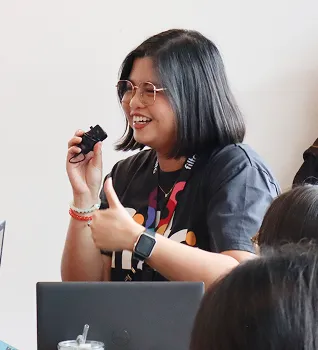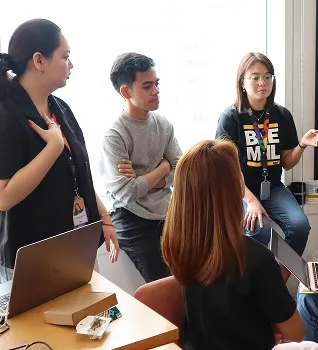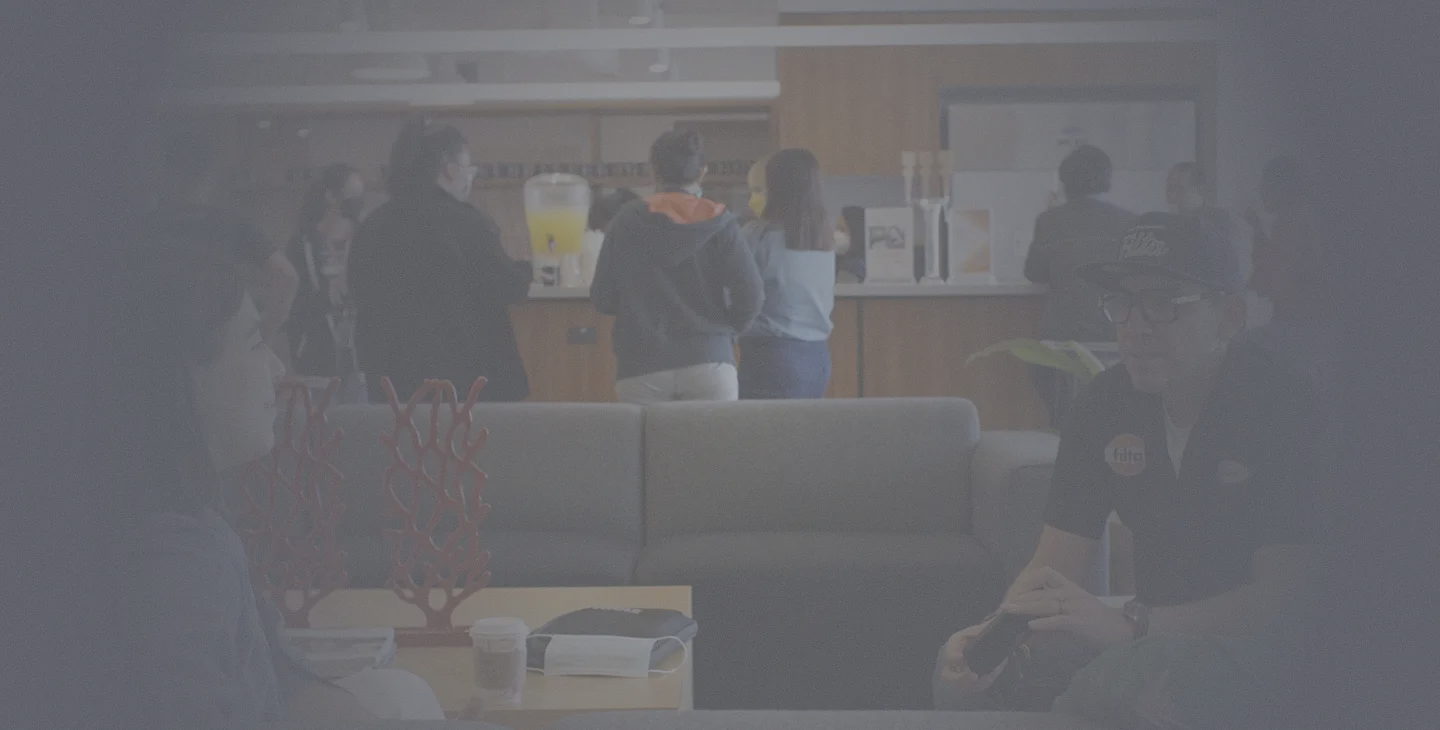Higher education institutions, strong graduates in tech, finance, and design
Years as a Global BPO and Offshore Staffing Hub
Proficiency in English, facilitating seamless communication with global clients

Population
Workforce with a strong-based in knowledge-based services
Timezone (Works well for US, Australia, New Zeland and UK-based businesses)

With English as an official language and a deeply Western-influenced culture, the Philippines offers one of the easiest offshore markets for international collaboration. Communication is smooth, expectations are aligned, and the work culture is highly service-oriented, making it ideal for remote teams across industries.


The Philippines produces hundreds of thousands of graduates annually in fields like IT, finance, design, marketing, and engineering. Whether you’re hiring for technical expertise or creative problem-solving, the local talent pool is wide, deep, and experienced in delivering results for global companies.
The country has invested heavily in internet infrastructure and professional development for remote and offshore roles. With reliable connectivity and a remote-ready workforce, the Philippines is well equipped to support distributed teams - whether they’re working from home or from a shared office environment.


One of the most compelling reasons companies hire in the Philippines is cost. But unlike many low-cost markets, the Philippines combines affordability with world-class professionalism. Businesses can significantly reduce staffing costs while still hiring people who are experienced, reliable, and career-driven.
Outsourcing isn’t new to the Philippines - it’s woven into the economy. With a long-standing reputation as a trusted BPO hub, the country offers companies a well-established ecosystem of support, compliance, and talent management, making it easier than ever to build stable, high-performing remote teams.




